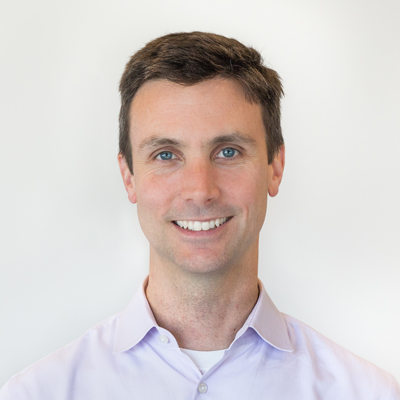Reimagining physical space as care: Rock Health Capital invests in Rosarium Health
Three quarters of Americans want to age at home, yet just 3.5% of all U.S. housing is considered accessible. This massive shortfall has serious consequences not only for seniors, but for all individuals with physical disabilities. Inaccessible housing is a leading indicator of poor mental health (which is linked with overall health) and it increases the risk and severity of falls in the home.
The potential savings of aging in place safely and independently are significant. Based on a CDC study, in 2014, 28.7% of seniors reported falling at least once in the preceding year, resulting in an estimated 29.0 million falls. According to the CDC, older adult falls cost $50 billion each year, with 75% of those costs paid for by Medicare or Medicaid.
Modifying the home can help address the problems in our inaccessible housing supply. There are a wide range of modifications that may be necessary, but some of the most common include mobility ramps for entering and exiting the home, bathroom modifications, such as shower handles or raised toilet seats, widening of hallways or doorways, and installing easy-use door knobs and faucets, and lowering countertops and cabinets. With home modifications, the number of falls can be reduced by an average of 30%. Modifying the home to be accessible results in improvements in quality of life and mental health and wellbeing for seniors, individuals with disabilities, and their caregivers alike.
Medically necessary home modifications enable longer, healthier independent living. They reduce injuries, averting the need for expensive treatment and rehab. They can defer and in some cases may eliminate the need for costly, long-term facility-based care. And they allow aging and disabled adults to remain independent longer.
Recognizing the importance of home modifications to health and wellbeing, the Centers for Medicare & Medicaid Services (CMS) began coverage for home modifications in 2019 across two different programs: Medicare Advantage (MA), through supplemental benefits, and Medicaid, through Medicaid Waivers (Section 1115 Waivers) or Medicaid Managed Care programs. For payers who offer MA and Managed Medicaid plans, the potential savings from enabling a plan member to stay in their home versus extended or permanent stays in skilled nursing or long term care facilities is significant. A number of home modifications that enable an adult to remain at home for months or years cost between a few hundred and several thousand dollars, whereas a semi-private room in a skilled nursing facility costs on average $7,908 per month.
That’s why we’re thrilled to announce our investment in Rosarium Health, a marketplace that enables individuals to find local home modification services for themselves and their loved ones. Rock Health Capital co-led Rosarium’s $1.7M pre-seed round with Primetime Partners alongside participation from Flare Capital.
Rosarium connects occupational therapists (OTs) and home contractors with aging adults for medically necessary home modifications that enable aging adults to remain in their homes in lieu of higher cost, less satisfying facility-based alternatives. The platform will help healthcare payers reduce costs, improve member retention, and drive member acquisition; it helps occupational therapists and home contractors find new, high-value jobs; and it simplifies the consumer experience for finding service providers and accessing insurance for reimbursement.
We couldn’t be more excited to partner with Rosarium Health on this mission. To learn more, check out Rosarium’s marketplace—it’s already live in Houston, TX with more areas coming soon!
Rock Health Capital is an early-stage venture fund focused on digital health. We would love to hear from you. Get in touch!

